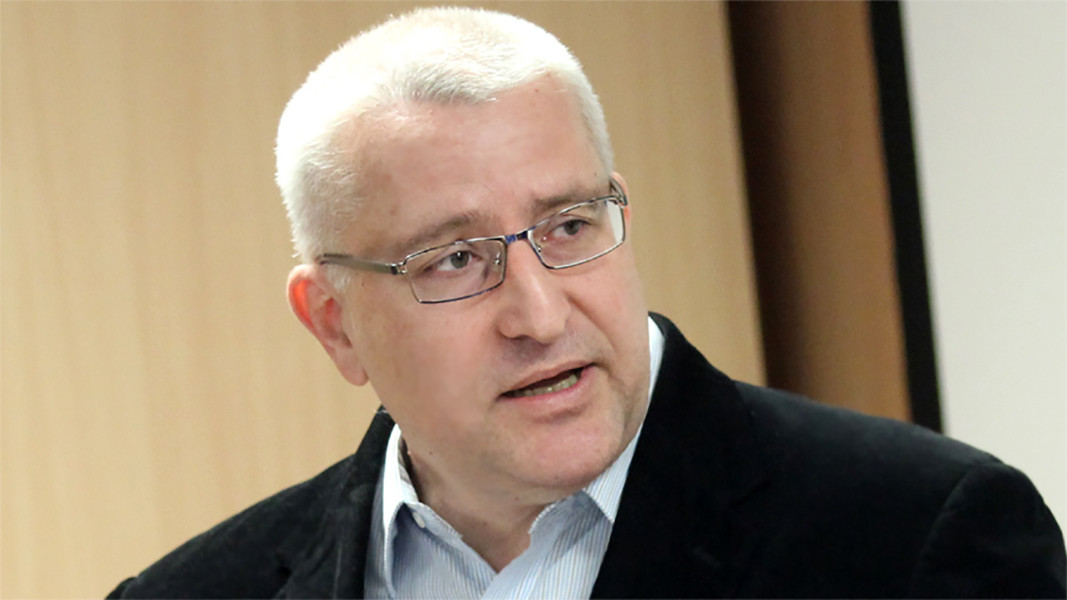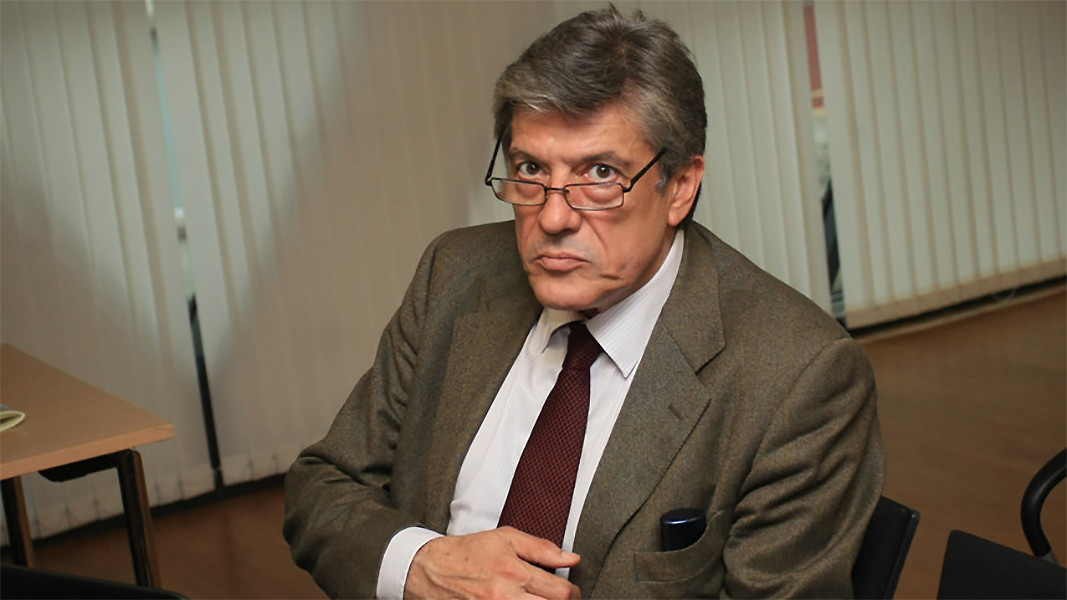The upcoming parliamentary elections in Bulgaria are the most important elections for the country since the start of the transition to democracy in 1989, analysts say. The countdown to election day has begun. How many people will go to the polls – that is one of the big questions at this time. Holding elections on 4 April in the midst of a pandemic makes any prediction of voter turnout next to impossible.
“Nobody can say for sure what the next parliament will look like because the situation is unprecedented. These are elections in a time of pandemic, elections for which the government has done nothing to help keep or increase the number of voters,” says Assoc. Prof. Svetoslav Malinov, head of the department of Political Science at Sofia University St. Kliment Ohridski. “We all knew there was going to be a second, and now a third wave of the epidemic, and salvation should have been found in changes in the way the elections are held, remote voting or voting by post. The government waited it all out so that none of this would happen, and in practice, on 4 April, we shall be going to the polls with the same rules, with minimum exceptions made for people under quarantine. The vaccine rollout is going ahead but in any case the real “salvation” for voter turnout should have been carried off by introducing new things.”

According to Svetoslav Malinov we need high voter turnout and conclusive election results that will permit the formation of a stable majority. “At the moment the next parliament looks like being fragmented. And what matters is not how many parties will enter but how they will position themselves relative to one another.”
Malinov advises leaders and voters to get used to the idea that a coalition is inevitable. “It is not going to be very steadfast, it is going to be a coalition of compromise that not many people would be willing to make at the moment.”
He is not even ruling out a coalition government of parties identifying themselves as left and right-wing:
“That is why voters should ask themselves what is more important – hatred of the adversary or creating more stable rules for the Bulgarian democracy to function by./…/ Voters ought to be more tolerant of political leaders at the moment because if there is no tolerance, if all compromise is rejected, then the only option would be new elections, and I don’t think that bodes well for the country. The hypothesis of a coalition government, along with my grave concern that voter turnout will be low, these are my biggest worries,” Svetoslav Malinov says.
The election campaign is going to be short, aggressive and ineffective, says Assoc. Prof. Antony Galabov, lecturer at New Bulgarian University’s department of Political Science and adds: “There is going to be a show of strength but it is not going to be by argumentation but by manner of expression.”

At this point in time, however, all parties registered for participation in the election (three times the number which took part in the 2017 elections) fear coalitions as “the devil fears holy water”.
“It is probably the ambition of the leaders to set down boundaries between one another so as to be more recognizable rather than to try and outline a common horizon,” the analyst says.
“What worries me is that we do not have an overall concept offering different horizons and a different manner of governance. So it is no coincidence that for now, analysts have been registering a falling willingness to vote. The reason for this is as much the health risk as the feeling that there is not much at stake in these elections.”
Interviews by Daniela Goleminova, Horizont channel, BNR
Editing by Elena Karkalanova
Photos: Archive, BGNES
DPS-New Beginning MP Yordan Tsonev said in an interview with BNT that no one has requested support from their party for the election of National Assembly Speaker. Yordan Tsonev criticized We Continue the Change- Democratic Bulgaria for violating a..
''If the Constitution is not amended, there is no point in holding another election under the same rules and with the same bought, controlled and corporate vote'', the co-chairman of the parliamentary group of BSP-United Left Borislav Gutsanov said in..
The first sitting of the newly elected National Assembly has ended. As in the last three Bulgarian parliaments, the election of a speaker proved to be a serious challenge, as neither of the two candidates - Raya Nazarian of GERB-SDS and Andrei Tsekov of..
At today's session of MEPs opening in Strasbourg, the European Parliament will again call for full membership of Bulgaria and Romania in Schengen . The..

+359 2 9336 661
